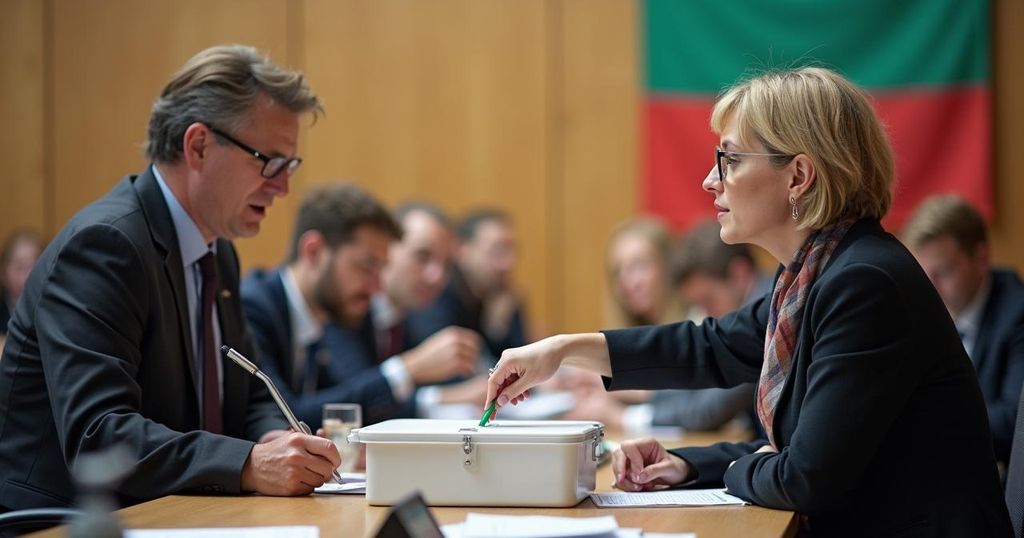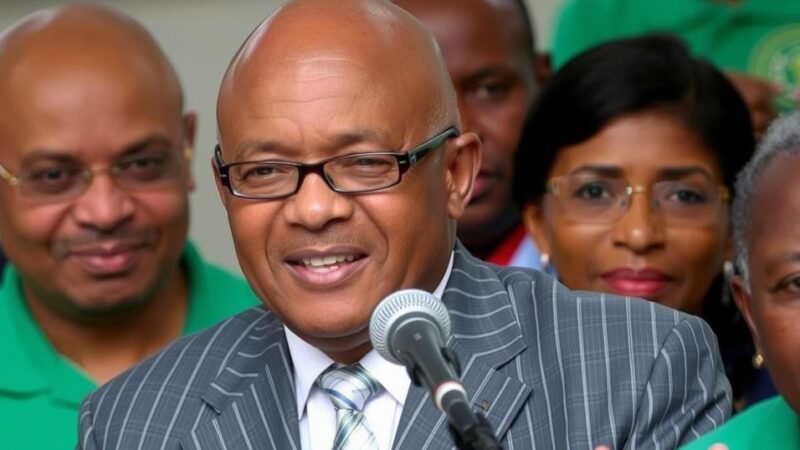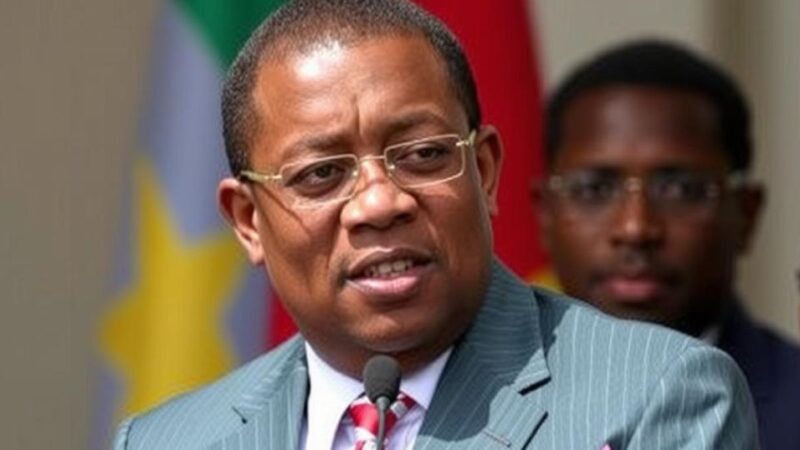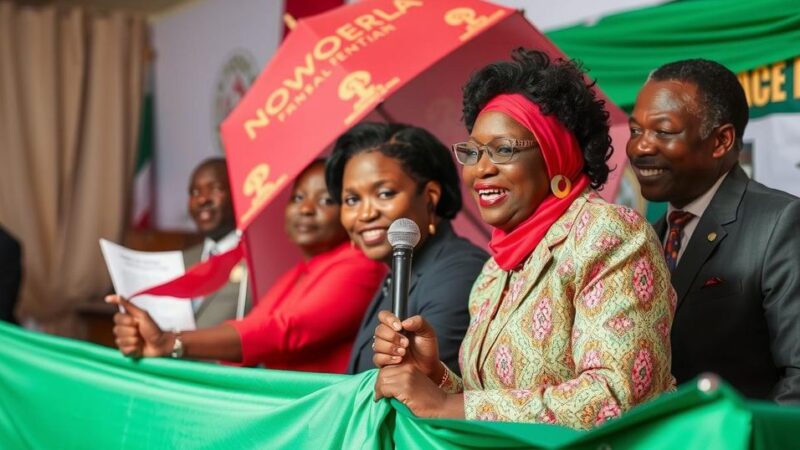Lithuanians participated in the first round of parliamentary elections on Sunday, indicating a desire for change amid a strong economy. Voter dissatisfaction stems from strict pandemic measures and immigration issues, pressuring the current center-right coalition. Recent polls show the Social Democrats leading, but coalition-building will be required due to no party likely to surpass 20 percent of the vote. The elections unfold against a backdrop of heightened security concerns due to the conflict in Ukraine.
On Sunday, Lithuania held the first round of parliamentary elections in which citizens expressed a desire for change, potentially leading to a transition from the existing center-right governing coalition to opposition parties, particularly the Social Democrats and smaller center-left factions. Despite notable economic achievements, including consistent personal income growth and low inflation rates, discontent remains prevalent among voters, largely due to stringent COVID-19 measures and immigration challenges. Prime Minister Ingrida Šimonytė, who has been in office since 2020, has faced criticism for her management of the pandemic and her handling of an influx of migrants, primarily attributed to geopolitical tensions with Belarus. Recent polling indicates that the Social Democratic Party, under the leadership of Vilija Blinkevičiūtė, could receive double the votes of Šimonytė’s Homeland Union, with new right-wing party Nemuno Aušra likely placing between the two. However, it appears unlikely that any party will secure more than 20 percent of the votes, necessitating potential coalitions among smaller parties. Observers note that a shift in governance would not likely impact Lithuania’s foreign policy, particularly in light of the escalating conflict in Ukraine. Approximately 2.4 million eligible voters will decide on the composition of the 141-seat parliament over two rounds, with the second round scheduled for October 27.
The political landscape in Lithuania is currently experiencing a significant electoral shift as citizens grapple with the balance between a strong economy and pressing social concerns. With a history of stable governance under the center-right Homeland Union, mixed public perception regarding Prime Minister Ingrida Šimonytė’s leadership has emerged, particularly concerning her administration’s response to the COVID-19 pandemic and immigration policies. As Lithuania is a member of the European Union, the economic context emphasizes both the successes and challenges faced. Public sentiment appears to reflect a call for renewed leadership amidst ongoing crises, particularly as tensions in the region escalate due to the Ukraine conflict and its implications for security.
The parliamentary elections in Lithuania signify a potential turning point in the country’s political dynamics, as voters express dissatisfaction with the current administration despite economic growth. The upcoming second round of elections will be crucial in determining whether the Social Democrats or other coalitions can effectively challenge the established center-right government. With the increasing influence of foreign policy issues, particularly regarding Russia, the outcome of this election may have significant implications for Lithuania’s direction over the coming years.
Original Source: www.pbs.org







